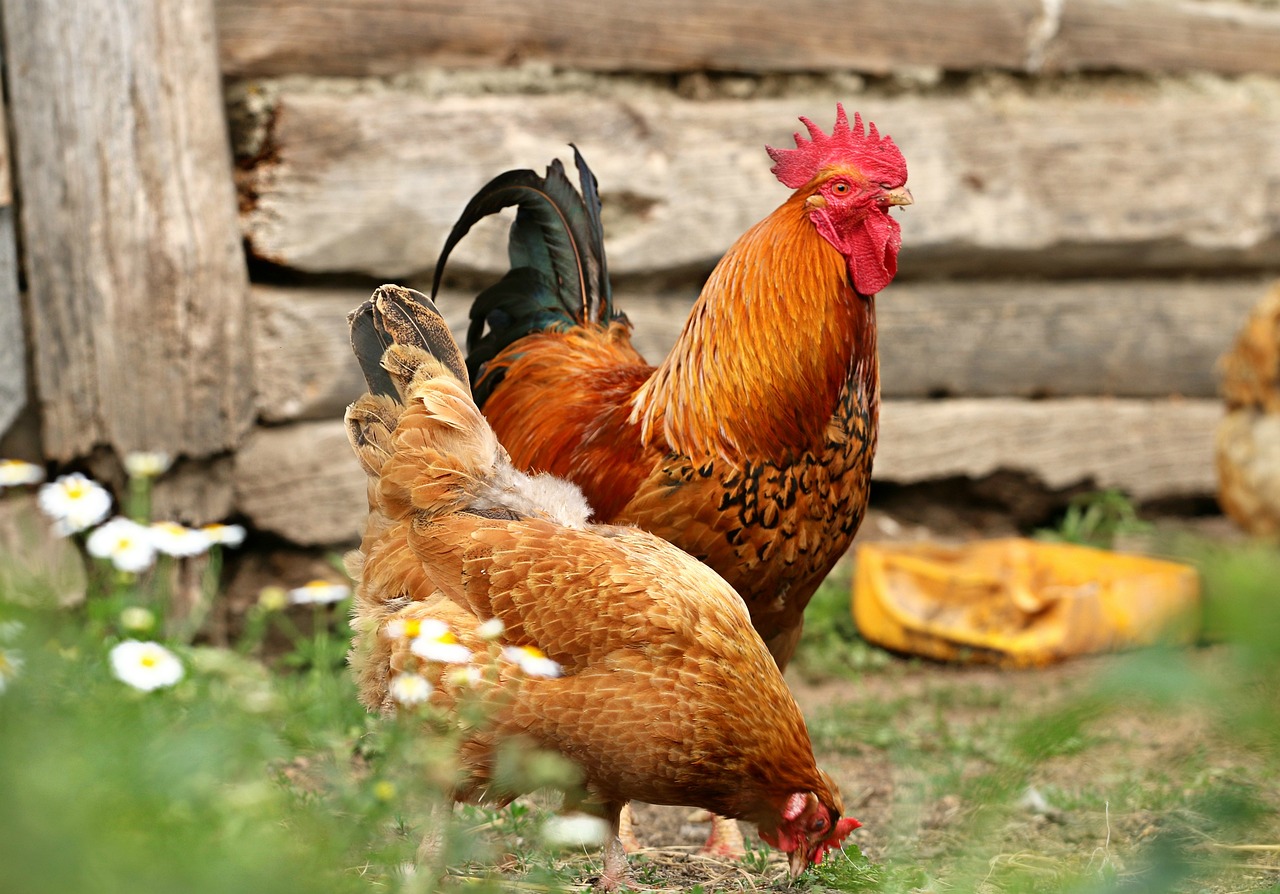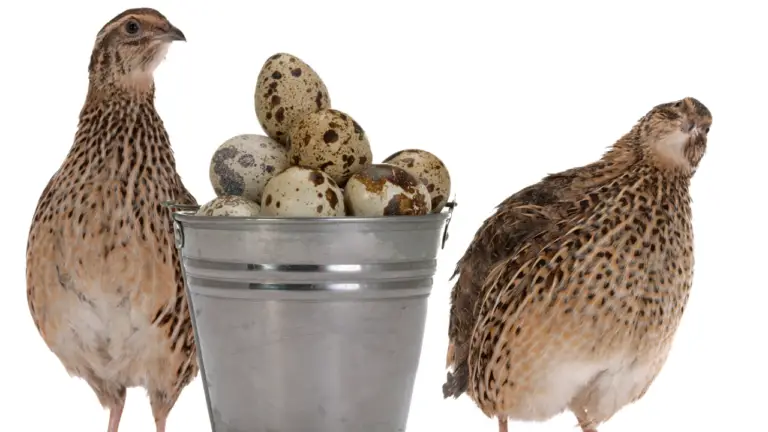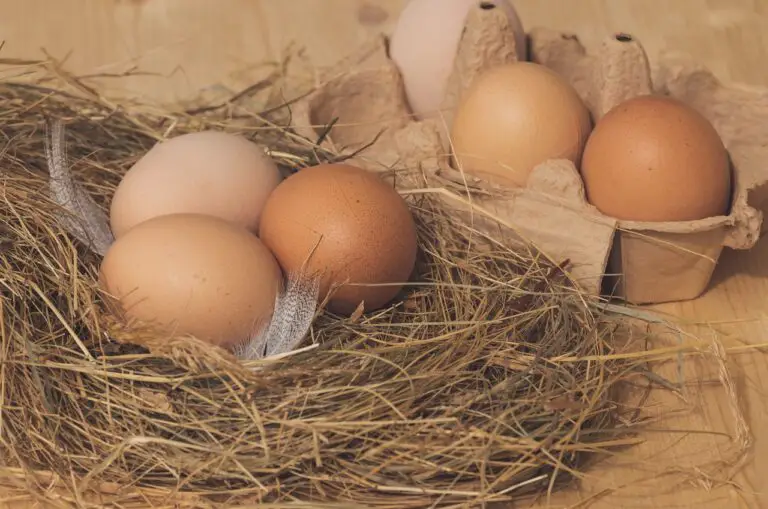How Long Do Chickens Live?

Chickens are one of the most common domestic animals, valued for their eggs, meat, and even as pets. Understanding the lifespan of chickens is crucial for those who keep them, whether for agricultural purposes or as backyard companions. The lifespan of a chicken can vary significantly depending on various factors, including breed, living conditions, and care. This article explores the average lifespan of chickens and the elements that influence their longevity.
Factors Affecting Chicken Lifespan
Chickens, like all living creatures, are affected by their environment and care. The breed of the chicken plays a significant role in determining its lifespan. Heritage breeds, which are typically hardier and more robust, can live longer than modern hybrid breeds, which are often bred for productivity rather than longevity. For instance, some heritage breeds can live up to 10 years or more under optimal conditions, whereas hybrid breeds might only live for 4 to 5 years.
Living conditions are another critical factor. Chickens that are raised in free-range environments with ample space to roam and forage tend to live longer than those kept in confined or overcrowded conditions. Proper shelter, a balanced diet, and access to clean water are also essential for promoting a healthy and extended life for chickens. Additionally, regular veterinary care and vaccinations can prevent diseases that might otherwise shorten their lifespan.
Lifespan of Backyard Chickens
Backyard chickens generally enjoy a longer lifespan compared to commercial chickens. On average, a well-cared-for backyard chicken can live between 5 to 10 years. This extended lifespan is primarily due to the better living conditions and individual attention they receive. Backyard chicken keepers often provide a more varied diet, including kitchen scraps and garden produce, which can contribute to better overall health.
Furthermore, backyard chickens are less likely to be exposed to the high-stress environments found in commercial farming operations. Stress can significantly impact a chicken’s health and lifespan, making the more relaxed and enriched environment of a backyard coop much more beneficial. Regular interaction with their human caretakers can also play a role in their longevity, as it often leads to better monitoring and quicker responses to any health issues that may arise.
Lifespan of Commercial Chickens
Commercial chickens typically have a much shorter lifespan due to the nature of industrial farming practices. Broiler chickens, which are raised for meat, are usually slaughtered at around 6 to 8 weeks of age. These chickens are bred to grow rapidly, often at the expense of their long-term health, and as a result, they rarely live beyond a few months. Layers, or hens kept for egg production, are usually kept for about 1 to 2 years before their productivity declines and they are replaced.
The intensive conditions of commercial farming, including limited space, high stocking densities, and controlled environments, contribute to the shortened lifespans of these chickens. Additionally, the focus on maximum productivity can lead to health issues that further reduce their lifespan. While some commercial chickens might live longer if given the chance, the industry practices generally do not allow for extended lifespans.
Impact of Diet and Nutrition
A chicken’s diet plays a crucial role in determining its lifespan. Chickens require a balanced diet rich in proteins, vitamins, and minerals to maintain their health and vitality. Commercial feed is typically formulated to meet these nutritional needs, but backyard chickens often benefit from a more varied diet that can include grains, vegetables, and insects.
Proper nutrition helps in boosting the chicken’s immune system, making them less susceptible to diseases. It also supports their overall physical health, ensuring strong bones, feathers, and eggshell quality. Poor nutrition, on the other hand, can lead to a host of health problems that can significantly shorten a chicken’s lifespan. Providing a balanced and nutritious diet is therefore essential for anyone looking to maximize the lifespan of their chickens.
Common Health Issues and Prevention
Chickens are prone to several health issues that can affect their lifespan. Common problems include respiratory infections, parasites, and egg-laying issues. Regular health checks and prompt treatment of any symptoms are vital in preventing these issues from becoming serious. Vaccinations and biosecurity measures can also help protect chickens from infectious diseases.
Maintaining a clean living environment is crucial in preventing health problems. This includes regular cleaning of the coop, providing fresh bedding, and ensuring good ventilation. Additionally, keeping an eye on the chickens’ behavior and physical condition can help catch any potential health issues early, allowing for timely intervention and treatment.
Conclusion
The lifespan of chickens can vary widely based on factors such as breed, living conditions, diet, and overall care. While backyard chickens can live between 5 to 10 years under optimal conditions, commercial chickens often have much shorter lives due to intensive farming practices. By understanding these factors and providing proper care, chicken keepers can help ensure their birds live long, healthy lives. Whether for eggs, meat, or companionship, knowing how to extend the lifespan of chickens benefits both the birds and their caretakers.






